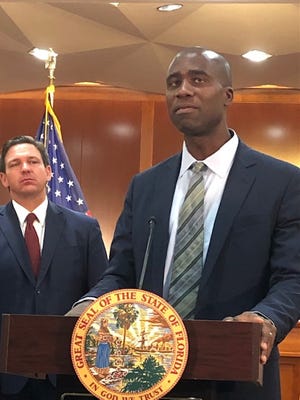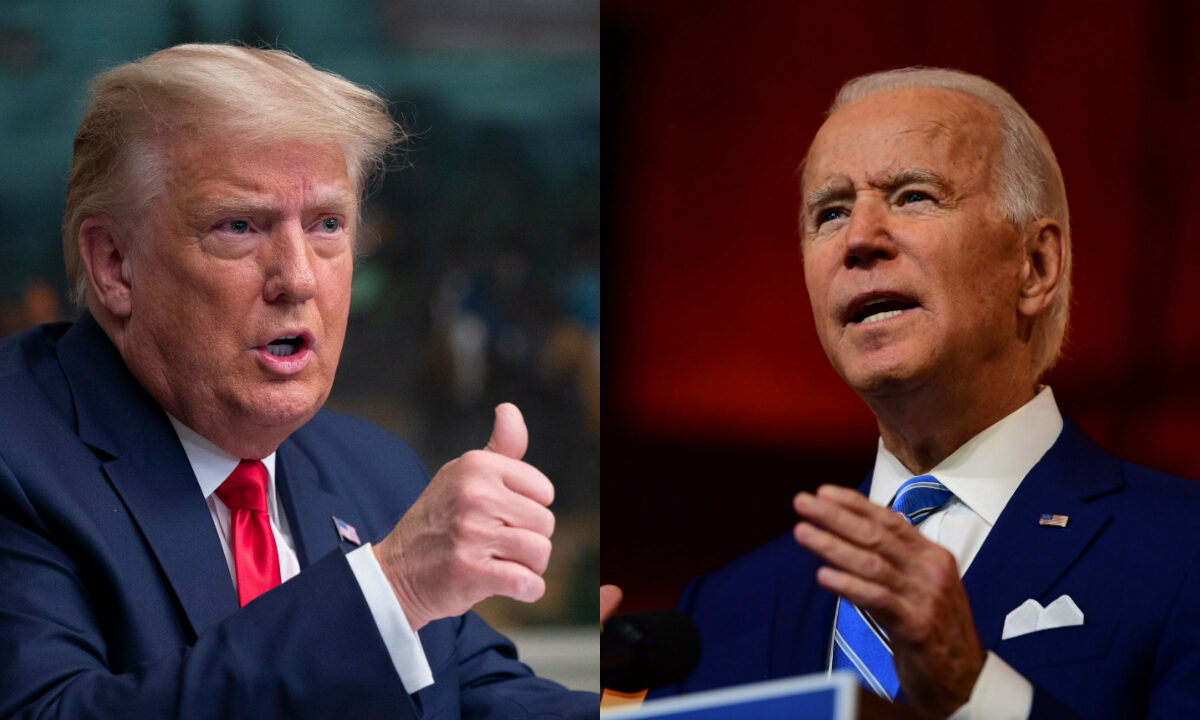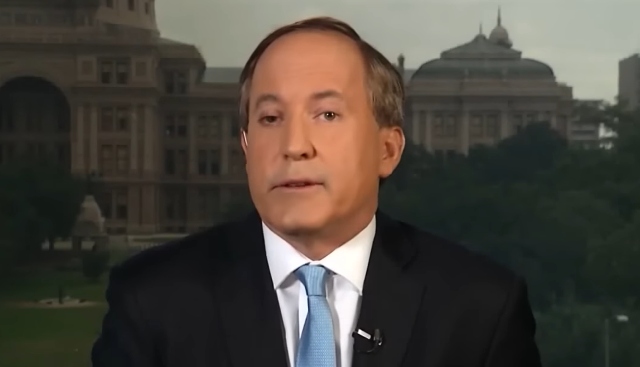OBEY OR SUFFER: EU Chief Ursula von der Leyen calls for creation of GLOBAL DIGITAL ID SYSTEM
09/12/2023 / By Arsenio Toledo

European Commission President Ursula von der Leyen has officially called for the world to establish an international framework that will create a global digital ID system. She also called for the development of artificial intelligence to be regulated by an international body.
Von der Leyen, the unelected chief executive of the European Union (EU), made this statement while speaking before the “Our Future” session of the recently concluded G20 Summit in India on Sunday, Sept. 10. (Related: Say goodbye to your privacy: Use of digital IDs in American states is spreading rapidly.)
The EU chief argued for the global adoption of “digital public infrastructures,” along the lines of those created to facilitate the use and recognition of Wuhan coronavirus (COVID-19) vaccine passports. Specifically, von der Leyen is in favor of the system adopted in the EU.
“Many of you are familiar with the COVID-19 digital certificate. The EU developed it for itself,” she said. “The model was so functional and so trusted that 51 countries on four continents adopted it for free.”
“Today, the WHO [World Health Organization] uses it as a global standard to facilitate mobility in times of health threats,” she added. “I want to thank [WHO Director-General] Dr. Tedros [Ghebreyesus] again for the excellent cooperation.”
Von der Leyen’s call comes as the EU is already in the process of introducing a bloc-wide “digital identity” app – a super-app that would contain an EU citizen’s passport, driver’s license, credit cards and other personal information.
“The trick is to build public digital infrastructure that is interoperable, open to all and trusted,” she said.
Von der leyen also calls for creation of global body regulating AI development
During her speech, von der Leyen also talked about the need to mitigate the risks of unrelenting AI development.
“As it has been described, AI has risks but also offers tremendous opportunities. The crucial question is how to harness a rapidly changing technology,” said von der Leyen.
“In the EU, in 2020, we presented the first-ever law on artificial intelligence. We want to facilitate innovation while building trust,” she added. “But we need more. What the world does now will shape our future. I believe that Europe – and its partners – should develop a new global framework for AI risks.”
Von der Leyen argued that the world would need a potentially United Nations-led body to govern AI policy, similar to how the Intergovernmental Panel for Climate Change handles issues related to so-called global warming.
“We need to outreach to the scientists, entrepreneurs and innovators,” she said. “They need to provide the knowledge on the risks posed by AI – as well as the potential benefits for humanity.”
In the G20 Summit, von der Leyen’s calls for AI regulation were received positively by other G20 members. Indian Prime Minister Narendra Modi himself said the group should create a framework for “human-centric” AI governance.
German Minister of Finance Christian Lindner said the bloc would address the ethics of AI development in common rules. “This is a process that is starting now, also at the level of experts, and is to be deepened next year,” he said.
In the group’s final communique of the summit, G20 leaders said they would continue working to ensure “responsible AI development, deployment and use” that would protect personal rights, transparency, privacy and data protection and avoid other issues. G20 leaders also agreed to pursue a “pro-innovation regulatory/governance approach” that takes into account the risks associated with AI development while attempting to maximize its benefits.
“It is telling that even the makers and inventors of AI are calling on political leaders to regulate,” said von der Leyen. She noted that the responsibility to regulate AI is one that transcends borders.
Von Der Leyen asserted that the world’s collective actions in regulating AI development is critical for shaping the future for the better. In light of this, she is urging the EU and its global partners to embark on this endeavor together.
The EU chief’s proposed framework is similar to the one G20 leaders want to adopt – it will be one that pursues AI development in a way that promotes investment in safe and responsible AI systems while at the same time protecting against systemic societal risks associated with artificial intelligence.
Learn more about artificial intelligence and digital privacy at Robots.news.
Watch this video to learn more about the announcement of digital IDs in the G20 Summit.
This video is from the channel The Prisoner on Brighteon.com.
More related stories:
Several cases of IDENTITY THEFT spark concern over Australia’s national digital ID proposal.
Gaming giant Activision rolls out AI that SNOOPS on in-game voice chat conversations.
Utah governor signs bill to launch pilot program for blockchain-based digital ID system.
Sources include:
Submit a correction >>
Tagged Under:
artificial intelligence, big government, computing, conspiracy, cyber wars, cyborg, deception, digital ID, Europe, European Union, future science, future tech, Glitch, Globalism, information technology, insanity, inventions, privacy watch, robotics, robots, surveillance, Ursula von der Leyen
This article may contain statements that reflect the opinion of the author
RECENT NEWS & ARTICLES
COPYRIGHT © 2017 CONSPIRACY NEWS



















